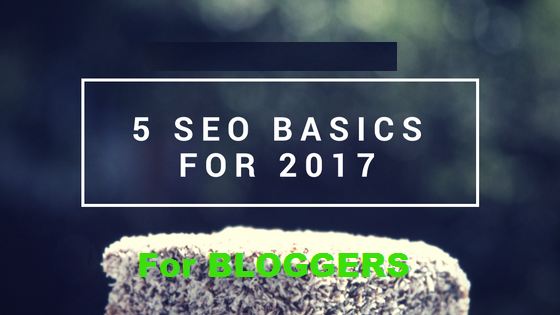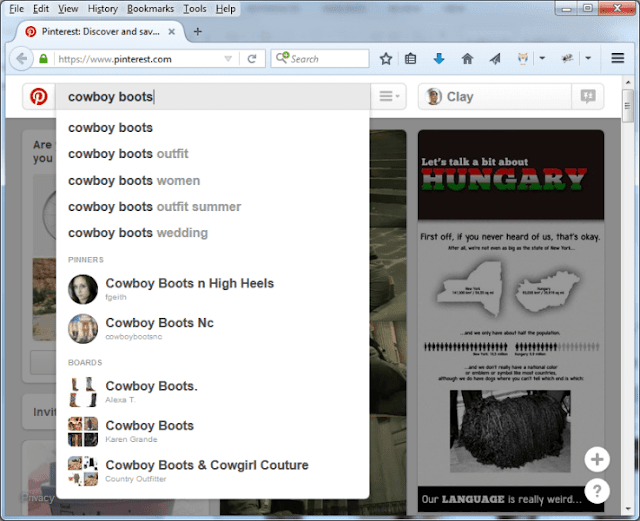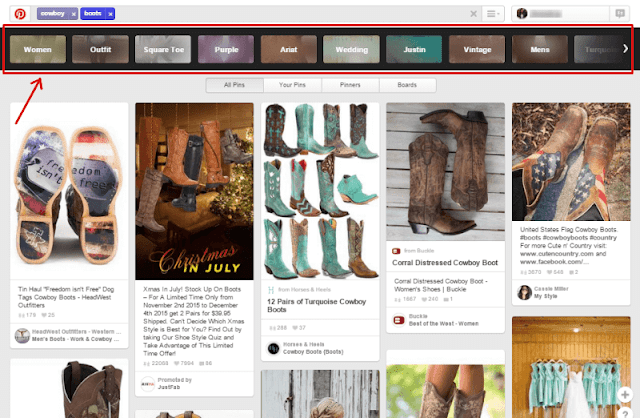Blogging is a great thing to
do for more than one reason. Not only it allows you to explore your writing
skills, but it also lets you earn money and fame. But is the path as simple as
it sounds? Well, yes and no. Talent and hard work will almost certainly lead
you to success, but there are still many mistakes bloggers commit that stops
them from reaching the pinnacle. The biggest mistake bloggers do is that they
either do not take SEO seriously or they completely ignore it. Search Engine
Optimization can go a long way in making you a famous blogger, but most people
are simply not aware of the Dos and Don’ts. Well, worry not. In this post, I
have come up with the 15 SEO tips that will certainly help you in becoming a
successful blogger.
1.
Do Your
Research: In order to have a great blog, it is always necessary to
have a clear objective in mind. Most SEO-optimized blogs are driven by a theme
and supported by a great content. You can use all the tactics in the world to
bring the audience to your blog, but only your content would make them stay
there. Hence, invest in researching and writing good content.
2.
Use Keywords
Wisely: You are probably aware of the importance of keywords in
getting noticed. While most keywords are easy to guess, it would be better to
be sure and get keywords with the help of Keyword research tools like Google
Keyword Planner tool and SEMRUSH Tool. Once you have the keywords, make sure to
distribute them over various parts of your blog, like title, meta-description,
sub-headings, introduction para, conclusion etc.
3.
Optimize
Images: Images are a great way to captivate your audience, but you
can also use them for making your blogs SEO-friendly. Make sure that both the
filename and the alternate image text must contain the keyword. Not only it
will make help search engine bots understand what the image is about, but it
will also add to the overall keyword density in the blog post.
4.
Use Links
to Refer Others: If you are using the work of other bloggers
as a reference in your own, make sure to add links to their blogs. There are
two reasons to do this. First, it is correct both ethically and legally - using
someone else's content should compel you to give them formal credits. Second,
it is a token of gratitude that the other person might just return, resulting
in backlinks for your blog.
5.
Keep
Subscriptions Open: As you might be aware, keeping an audience is
harder than getting them. This is why it is important to provide RSS or Feed
subscription links to your visitors. The ratio of people opting for email
subscriptions is quite low. However, it would at least ensure that a certain
number of people are always aware whenever you post something new on your blog.
6.
Social
Media Plugins: Social media sites account for the largest
portion of time people spend on the Internet. It is obvious, thus, that this is
where you would find your audience. Try promoting your blog on Facebook Twitter
etc. and see if it gets any traction. Most of the times, it would.
7.
Formulate
Structure: Even the best content would fail to impress
your audience if it is not structured well-enough. Make sure that your post
follows a structure that includes introduction, body, and conclusion. You can
follow the exact pattern in every post, thus making it your personal style.
8.
Paragraphs
and Headings: Once you have devised the structure for your
post, it is important to keep it readable. Both rant-without-a-pause and
starting-new-para-with-new-line are negative practices. Every paragraph should
carry a distinct idea with itself.
Headings
are equally important for making sense since it properly divides the post and
improves readability. It also makes your blog SEO-friendly if you include
keywords in the headings (H1, H2, H3…) tags
9.
Signal
Words: Your tone and choice of words go a long way in attracting
visitors on your blog. Certain words impart a direction to your post, which
helps in keeping the readers engaged. Some of these words and phrases are
"to begin with", "finally", nevertheless", "on the
other hand" etc. These words and phrases also impart a sense of
familiarity and help them to be more personal with the blog.
10. Take the Second Opinion: Like
we said earlier, your content needs to be the best part about your blog. While
the information inside it is certainly important, the grammar and syntax are
equally important too. Make sure that there are no spelling or grammar mistakes
in your posts. A poorly-edited blog performs poorly in the search results. Try
seeking the help of others in proofreading.
11. Keep the Right Length: The
paradox of writing SEO-friendly articles is that while search engines prefer
longer articles, the users prefer shorter ones. You need to find the middle
ground that could balance both factors. Keep the length of your articles around
300-800 words. Of course, the length could vary depending upon the content, but
never try to condense or elongate the content for the sake of it.
12. Backlink Yourself to your other posts: There
are two reasons for this. First, creating backlinks to your previous posts
would improve your visibility in search engines results. Second, it would help
users to explore related articles while reading the current one. Both the
reasons lead towards the same goal: more traffic. It has been proven that organically
inserting backlinks in your articles (without distracting the users) can
increase reader engagement considerably.
13. Add Content on a regular basis: The
number of times a website is modified/expanded compels Google to crawl across
it more often. Thus, try to make sure that you add content to your website on a
regular basis. Regular updates also give a sense of continuity to your existing
and new users, keeping them engaged.
14. Labels and Tags: There
are certain elements that help in the identification of the nature of an
article. From the perspective of readers, it is called labels. From the
perspective of search engines, it is called Meta tags. In both the cases, it
helps in answering "what is it about?" Labels should be broad and
cover as many related topics as possible.
15. Maintain Keyword Density: One
of the rookie mistakes many bloggers commit is using as many keywords as
possible within the blog. More keywords mean more chances to get in the top
results, right? Well, wrong; there are two drawbacks of this. First, most
search engines penalize the links where keywords have been used recklessly
because they consider them as spam pages. Second, using keywords without making
sense in the context of your blog will negatively affect the readability of
your content, and thus affect your users.
Conclusion:
Search Engine Optimization
is a very powerful technique, and even more so for bloggers. There are entire
paths of possibilities that you could open if only you use SEO the right way.
The tips I have mentioned above do not cover everything you need to know about
SEO in order to be great at blogging, but it sure covers the essential ones.
Your talent and hard work, if put in the right place with the help of these
tips, would surely lead you to success in your field. Wish you luck.





